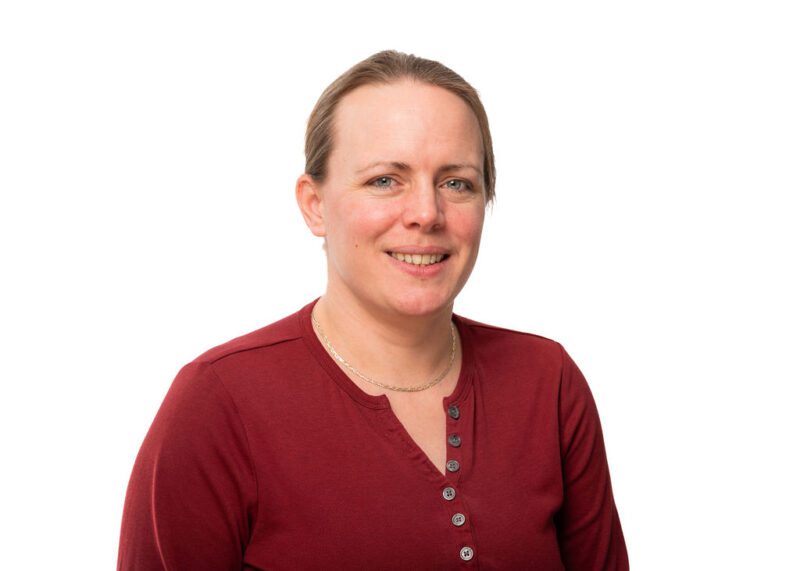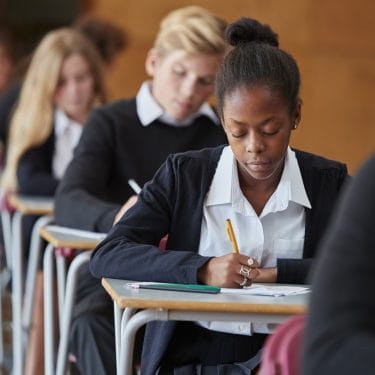-
Whitney Crenna-JenningsEducation Policy Institute
-
Dr Tammy CampbellEducation Policy Institute
-
Allen JosephEducation Policy Institute
Project overview
This project will investigate the full range of exclusionary practices in English secondary schools, focusing on under-the-radar forms of exclusion.
Why is this project important
All children have a legal right to education, yet many miss out due to exclusionary school practices. While some are captured in official exclusion figures, others remain hidden. Regardless of the reasons behind exclusion, many pupils – who are more likely to have an additional need or come from a disadvantaged background – are currently not accessing the same education as their non-excluded peers. Missing education through absence or exclusion is detrimental to children’s outcomes.
What it will involve
Exclusionary practices are those imposed by the school resulting in pupils being removed temporarily from the classroom or school, or being removed permanently from the school roll. Under-the-radar exclusion includes:
- Lunchtime exclusions
- Pupil exits which appear to be school driven
- Pupils being educated for a large proportion of sessions in offsite provision
- Pupils on part-time timetables
- Internal exclusion, where the pupil is kept in the school but is not in the classroom for a period of time
The research team aim to:
- Examine exclusionary practices, including lunchtime exclusions, managed moves, and off-rolling
- Explore disparities in exclusion experiences among different pupil groups
- Assess school tendencies toward unofficial exclusions versus permanent exclusions or suspensions
- Provide insights for policymakers on improving guidance and legislation regarding school exclusions
How it will make a difference
The project will commence with a policy review of government guidance to highlight gaps that enable exclusionary practices, conflicts with policies intended to promote inclusion and equality, and variation in local authority policies. The prevalence of official and unofficial exclusions will be estimated from the National Pupil Database (NPD) and variation between different groups of pupils and types of schools will be examined. Analysis will consider how the use of official exclusions relates to the use of unofficial exclusions and what school characteristics predict different patterns of usage.
Internal exclusion cannot be deduced from the NPD and so the team will collect new data through a series of multiple-choice questions fielded within Teacher Tapp.
Findings will be shared with key stakeholders including the Department for Education, advocacy groups, and academic researchers. Outputs will include reports, policy briefs, blogs, and direct engagement with policymakers and practitioners.












































